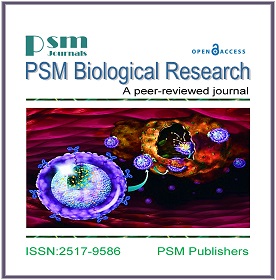Effect of Moringa oleifera Seeds on the Microbiological and Physicochemical Parameters of Industrial and Kitchen Effluents
Keywords:
Moringa oleifera seeds, phytochemicals, coagulation, conductivity, bacterial count.Abstract
This study was carried out to determine the effects of Moringa oleifera seeds on the microbial and physiological parameters of industrial and kitchen effluents. Different concentrations of the Moringa seeds (1%, 2%, 4%, and 8%) were prepared and used to treat known volumes of domestic and kitchen effluents using alum (1%) as the control for a 4 day treatment period. Phytochemical screening, coagulation, and microbiological studies were carried out using standard methods. The results revealed the presence of several phytochemicals including Flavonoids, alkaloids, cardiac, glycosides, saponins, reducing sugars, terpenoids, and coumarins in both the ethanol and aqueous extracts of the Moringa seeds. Coagulation studies revealed that the pH of the industrial effluent treated with 1% alum (control) and 1% Moringa increased from day 1 (pH3.75) to day 4 (pH4.0). Conductivity values showed that the industrial effluent treated with 8% Moringa had the highest conductivity value on day 1 (2470?/m) while 1% Moringa treated group had the lowest value on day 4 (1000?/m). Microbial studies revealed that lowest values for the heterotrophic count (83 x 102), coliform count on MAC agar (124 x 102) and coliform count on EMB agar (130 x 102) for the industrial effluent. Industrial effluent treated with 1% Moringa had the lowest MPN value of 7 on day 4. The results showed that M. oleifera seeds have good coagulation abilities and can be used in water treatment processes. However, further research into optimum parameters required for efficient treatment of effluents should be encouraged.




